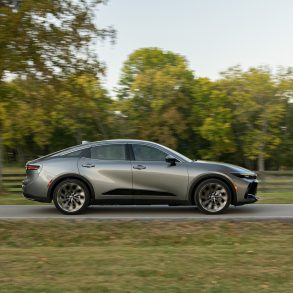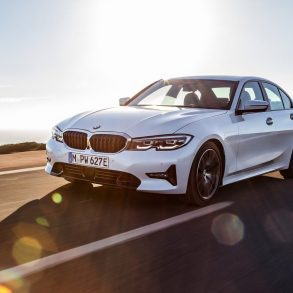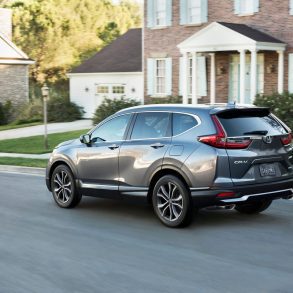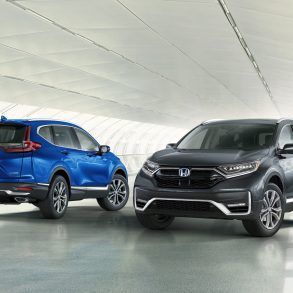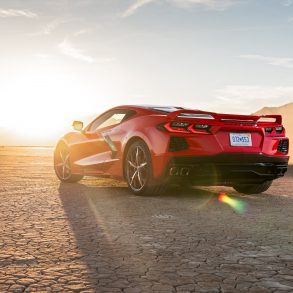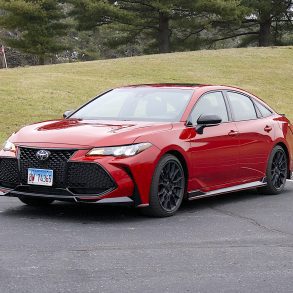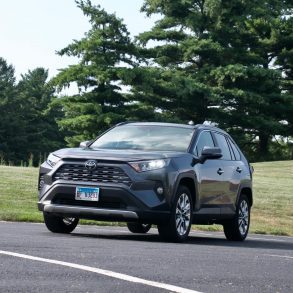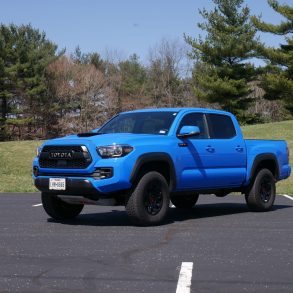To provide The Good Car Nation with a more in-depth look, GoodCarBadCar won’t just offer you one post about one car driven by The Good Car Guy. Oh no. That’s what typical car sites d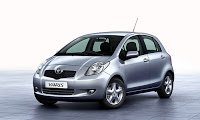 o, and GoodCarBadCar ain’t typical, in case you haven’t noticed.
o, and GoodCarBadCar ain’t typical, in case you haven’t noticed.
Separate the automotive need-to-know into into a few vital informational categories. You, like me, need an overall view. Is it good or bad? Boring or thrilling? Should you promote it to your friends; family; relatives; and colleagues, or banish it to the OBIDIA category. Only Buy If Deal Is Awesome. We’ll deal with those issues in Marketplace.
You just happen to be reading today’s Marketplace column as a lead-up to the test drive of Toyota’s Yaris. But you want plenty more. How does it drive? Should I buy it; should I not – hmph, that’s the last category. You’ve moved on. You… yeah, I’m talking to you – you wanna know what the car feels like on the move, at the wheel, in the driver’s seat. The place of control. Sure, every car “moves”. But does it move you? That’s Driven.
Finally, you want to know how a car appears in the rest of the world. Do remember, the Ford Focus in Paris, Texas ain’t the Ford Focus in Paris, France, for example. We’ll take you Across the Pond.
—
In order to understand the Toyota Yaris, you should first go back to Japanese automaking’s origins and their subsequent entry in the mainstream North American market. Toyota, Honda and Nissan/Datsun once (and in some places still do) thrived on very small cars. Remember the original Honda Accord? A 3-door hatchback that would appear puny if parked beside a new Accord which casts a shadow only slightly smaller than that of a Chrysler 300.
Proceed from that bygone era to the Toyota Tercel. In multiple decades of production, the Tercel was never defined as ‘cool’. Near the dawn of the new millenium, Toyota saw plenty of reason to debut a totally new small car, call it by a different name, and attempt to draw people out of the small car styling box. The Echo/Vitz/Yaris – name depend on where you live – attained some measure of success depending on, umm… where you live.
An Echo hatchback hit Canada some time after the Echo sedan and two-door and always stood a much better chance of stemming the tide of embarrassment many Echo sedan buyers faced. Even so, the Echo lived a short life. Its successor was named Yaris in most places, unless it was already known as the Yaris – depending on where you live, of course. The latest Yaris is a swift-seller, an economical vehicle to run long-term (or short-term) and lifts Toyota’s reputation for greenidity. No, the Prius can’t fight the good fight all by itself, not with Tundra’s and Tacoma’s and Sequioa’s sharing showroom turf.
Curiously, despite GoodCarBadCar’s frequent endorsement of the Honda Fit, I know a few people who took my advice and traveled to the Toyota dealer for a Yaris purchase as well. Other competitors include the Chevrolet Aveo (Pontiac Wave and Suzuki Swift+ in Canada), Nissan’s roomy Versa, the Hyundai Accent/Kia Rio tag team, and in the USofA, Toyota sub-brand Scion. Scion directly targets the young consumer which Toyota sends the Yaris after.
America sees the Yaris as a 3-door hatch and 4-door sedan. Four models move up from an $11,300 hatch to the $13,675 Yaris S sedan. Always willing to suggest a hatchback when the option is available, GoodCarBadCar is somewhat reluctant to endorse a free-for-all onslaught of Yaris 3-door purchases. The lack of extra doors, entrance portals which do appear on Yaris hatchbacks in other countries, does hinder access to a degree. However, the hatch is a bit of a looker while the sedan still has Echo undertones.
Canada’s Yaris hatchback starts at $13,915 and can hit the $20K mark in loaded 5-door RS form. The 4-door has a higher entry price but tops out in a bracket lower than that of the RS 5-door. Horsepower for the North America-wide 1.5L 4-cylinder is 106. Paired with a manual tranny, this engine pulls just fine, thanks. Avoid the automatic if possible. (My test-drive model had the auto, unfortunately.) Terribly confused on hills, this automatic. Power is sapped and there are some odd unToyota like characteristics.
£8,810 will buy you a Yaris in the UK. Go for 5 doors in a Yaris SR and you’ll pay £13,495. The Yaris SR was covered on GoodCarBadCar way back in March. An SR will net you an extra 25 horsepower if you could get it in North America; a sports suspension and a snazzy body kit and wheels, too. Other engines available elsewhere include a 90bhp diesel and a couple of lo-power gas engines with substantially less than 100bhp. GCBC will cover another Yaris variant in the Across The Pond feature soon.
Toyota typically provides the Yaris with more enthusiastic marketing than it would the Corolla. That eventually leads to a more youthful image, but a reputation not as fun as the Fit holds for Honda. Yaris’ pros include terrific interior space, especially considering its 4-wheeled f ootprint. The 1.5L engine isn’t rev hungry like the 4-cylinder in the Fit, but it does provide tremendous mileage. Best of all, the Yaris is one of the easiest cars I’ve ever driven.
ootprint. The 1.5L engine isn’t rev hungry like the 4-cylinder in the Fit, but it does provide tremendous mileage. Best of all, the Yaris is one of the easiest cars I’ve ever driven.
Yaris cons? Well, it’s one of the easiest cars I’ve ever driven. You’ll hear more about that in the Driven column. It also feels as though it’s more of a lightweight than it really is. If i were 2300 pounds I’d hope to be more planted at highway speed. Features-per-$ is something Toyota could improve upon, but if sales are rising and cash is entering the coffers, I can’t see why they’d bother to change their methodology. Finally, a lack of an SR-type model in North America will forever relegate the Yaris to runabout status. It could be so much more.


